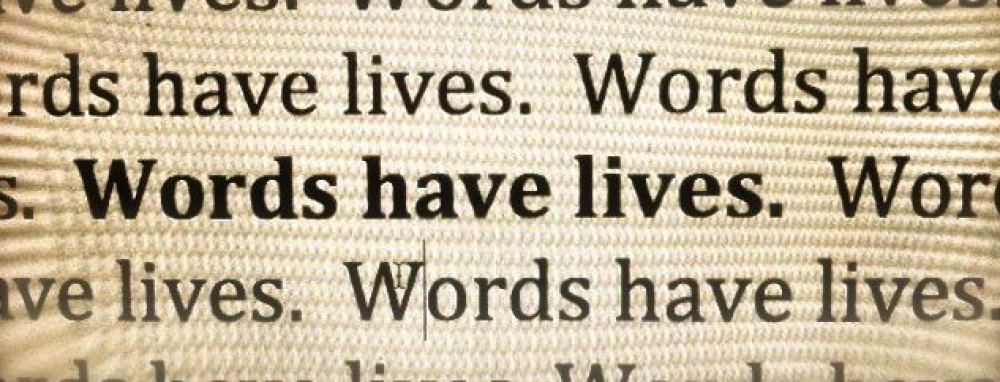STATEGY: All of the verbs below indicate continued action. Notice all of these verbal phrases include a conjugated “to be” verb.
- I’m going to buy my sister a new jacket.
- She is going to be happy.
- Her friends are going to be jealous.
- Rocco and his friends will be watching the playoffs for the next three weeks.
- They were watching the playoffs when the scandal broke.
In the first sentence (I’m going to buy my sister a new jacket), the purchase hasn’t happened yet but the intention, the goal to buy a jacket, has. The second sentence shows present progressive for “she”. The third sentence shows present progressive for “they.” As soon as the coat is purchased, the sentence will change to “I bought my sister a new jacket.” (Simple past)
The fourth sentence indicates an action that will continue into the future. Rocco and his friends will keep watching the playoffs for three weeks. After the play-offs are finished, “Rocco and his friends watched the playoffs for the next three weeks.
TYPICAL ERRORS: A common writing error is to omit the necessary “to be” before the “-ing” form of the verb. An example of this mistake is: I going to buy my sister a new jacket.” Or, “Her friends going to be jealous.”
Another mistake is to incorrectly conjugate the “to be” of this tense. An example of this mistake using the fourth sentence is: “Rocco and his friends be watching the play-offs for the next three weeks.” Or, “They be watching the playoffs when the scandal broke.”




